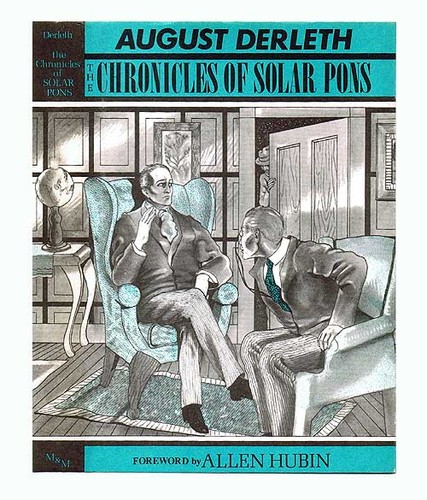A. J. Baime’s 2014 book The Arsenal of Democracy: FDR, Detroit, and an Epic Quest to Arm an America at War is a work of historical non-fiction, highlighting one specific aspect of the development of the US military industrial complex during the second World War: the efforts by the Ford Motor Company to build B-24 Liberator bombers.
SPOILER ALERT: Ford Motor Company provides the setting for Baime’s book, starting off with the story of Ford as an early leader in automobile production, and efforts under new management (Edsel Ford, son of founder Henry) to expand into the burgeoning aviation market – efforts which were initially unsuccessful. A central tenet of this book is the importance of military airpower during World War II and in the pre-war years (and the need to increase production for military aircraft); the author hails heavy bombers – specifically, the B-24 Liberator – as the key to winning the war. Thus, the war provides Edsel with an opportunity to try again. In the early years of the war, Edsel & his team propose a plan to construct B-24s by applying assembly-line manufacturing processes, and they set the audacious goal of turning out one bomber per hour. Their efforts (including the construction of the mammoth new Willow Run factory in Michigan) reveal the naiveté of the initial goal, and the challenges of both meeting that goal & overcoming the doubts of other people.
It may sound trite, but this book has something for almost everyone. This is not a traditional military history, although there is an engaging description of Operation Tidal Wave, to bomb the oil fields in Ploesti. (If you expect this to be the same as Rick Atkinson’s Liberation Trilogy, you may be disappointed. Perhaps a better comparison is to Michael Beschloss’ The Conquerors, which provides perspective on the wartime presidents Roosevelt & Truman.) This is not a work of historical drama, although the book depicts the complex relationship between automotive icon Henry Ford and his only son Edsel. This is not a history of the civil rights movement or of labor relations, although the book paints a picture of the growing industrialization of Detroit, tells of the influx of transplanted workers from rural America, and describes the painful (and sometimes bloody) multi-sided labor conflicts at the Ford factories. It tells a story set during wartime – and the war cannot be ignored. The appearance of several unexpected cast members (thugs of questionable authority, suspected Nazi sympathizers, and even Charles Lindbergh) all serve to keep the reader engaged. Scholars will appreciate the comprehensive endnotes and index.
This is a lease book at the UAH Salmon Library, and the UAH copy can be found with the call number HD 9710 .U54 B35 2014 in the coffeeshop reading area of the first floor. You can see more information on the Goodreads page for the Arsenal of Democracy. That page has reviews and links to buy a copy if you want.
Spotted a book that should be in a future In the Stacks feature? Just tell us at doug.bolden@uah.edu and/or ron.schwertfeger@uah.edu, and we’ll look into it. Questions about this book or any of the others we have? You can also email us (or the reference desk at erefq@uah.edu).



